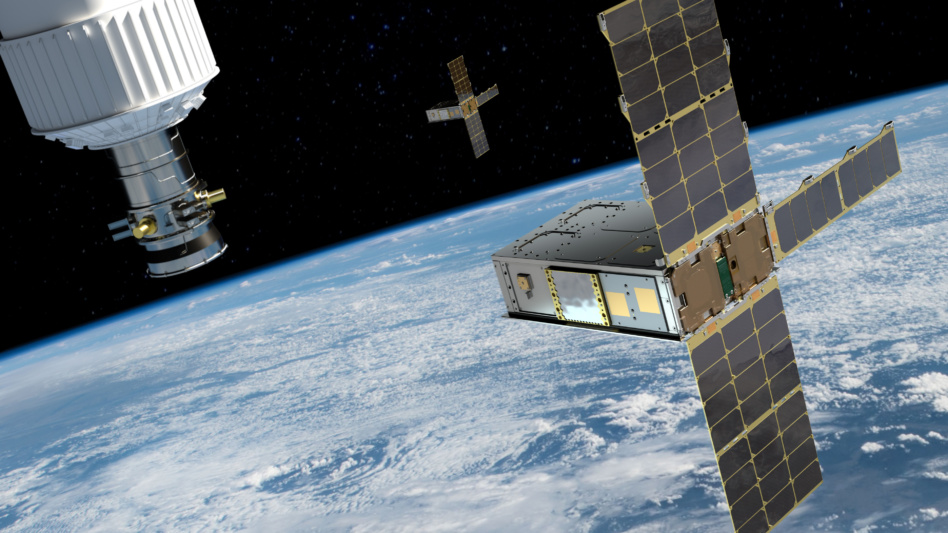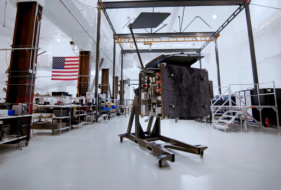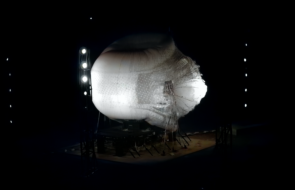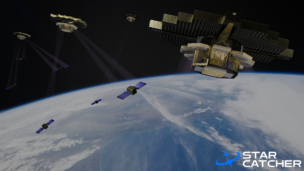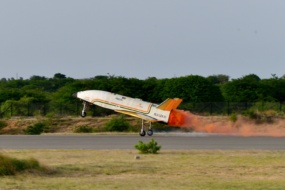CesiumAstro has successfully launched its first two CubeSats into space, hitching a ride Monday with NASA’s Landsat-9. HQ’d just outside Austin in Bee Cave, TX, CesiumAstro’s secret sauce is its active phased array payload. Coupled with the company’s software-defined radio and digital backend, the phased array could let satellite operators electronically steer and target beams.
“The agility of the beam allows you to serve more customers,” CesiumAstro CEO Shey Sabripour told Payload.
- CesiumAstro’s customer base is currently a ~50/50 split between commercial and military/government customers.
- Use cases include missile defense systems, launch vehicles, and commercial aircraft. The company says its payloads could also provide mission-critical connectivity to emerging technologies like drones and self-driving cars.
Looking forward: CesiumAstro expects its first two CubeSats, which have an inter-satellite link, to be operational for five years. Over that stretch, the company will validate its first-gen products and run on-orbit tests for customers.
- CesiumAstro will sell the phased array payload as a standalone product, but is also invested in developing vertically integrated satellite solutions. Per Sabripour: “If you have the core payload technology, why wouldn’t you [build] the satellite?”
+ Key partners and backers: The Pentagon’s Defense Innovation Unit (DIU) co-sponsored Cesium Mission 1. The company has raised just over $29 million. Airbus’s venture arm led its March 2019 Series A, joined by Kleiner Perkins, Franklin Templeton, Lavrock Ventures, Honeywell Ventures, and Analog Device Ventures.
